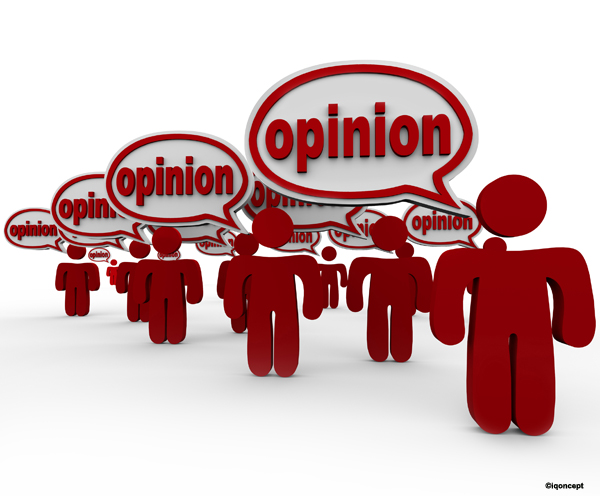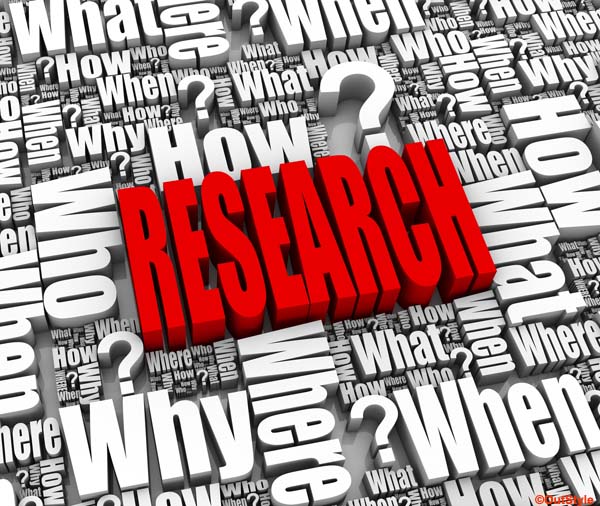Today we are all connected through technology as a resource for daily life. We are bombarded nearly every moment of every day with updates, images, videos, texts, email, tweets. I don’t think I am alone in believing there might be too much information vying for our attention, but I might be alone, I just don’t know. My opinion is anecdotal; based on my personal experience not on facts or research.
I acknowledge my own assumptions from personal experience, may have led me to believe we are experiencing information overload. Self-awareness is important. We as individuals should recognize our point of view is influenced by our own biases and motives. I realized how much time being “connected” steals from being present in the first few days of field studies working towards my master of zoology degree.
We were unplugged in the desert and on the Sea of Cortez. The first few days without our phones made us realize how addicted we all were to checking them. Then, after those first few days, we began to be present in the moment, enjoyed conversations face to face, kept hand-written journals, and were permitted time for reflection. And we felt better. Reflection is crucial.
Every time I returned from the field, I experienced a type of re-entry shock when I reconnected. The continuous flow of information in my news-feed felt like an avalanche of information. Some of the information seemed fueled by the need for speed mindset of being first to post with a click-bait title. No time to gather facts or research, just writing to get something posted. Because of this, critical thinking skills are needed to decipher the deluge of information available to us.
“Too often we enjoy the comfort of opinion without the discomfort of thought.”
John F. Kennedy.
Over the past few years, I have been to many social media conferences where there are discussions, both formal and informal, about the influence of a blogger. There are many different types of blog posts, some just for fun, some are sponsored posts and some are considered opinion posts. There are varying degrees of opinion posts as well and sometimes I read blog posts where a blogger voices a dissenting opinion on a complex topic that is grounded in scientific fact and puts forth their own anecdotal experiences as fact, and offers a different solution. Isn’t this reckless?
“Everyone is entitled to their own opinion but not to their own facts.”
Daniel Patrick Moynihan.
Science uses established predictions, recorded results and peer review to make sure the researchers are not fooling themselves. Adapting your answers to new evidence will shepherd discovery and progress. Adapting your evidence to fit your answers leads to snake-oil science.
Recently there have been outbreaks of whooping cough and measles in California, thanks to the anti-vaxxers spreading unfounded warnings of risks of vaccinating children. I bet most parents in South Sudan would be more than happy to take those readily available vaccines for their children. That is just my opinion, not based on fact. I haven’t spoken to any parents in South Sudan.
Before we had science, alternative medicine was the only choice and it was based on testimonials and beliefs. Even today, for many people, belief is enough, and they scoff at the rigor of science. Unfortunately tigers and rhinos are being pushed towards extinction for their body parts due to the perpetuation of baseless beliefs that they contain “magical” healing powers. Without a bit of evidence this belief persist to the detriment of the animals.
I have read that a cat’s purr frequency might help to heal broken bones. Good to know, but if I or someone in my family breaks a bone, we will first see an orthopedic doctor and then invite Annie, Eddie and Mercy to purr as part of the healing process.
In his book Snake Oil Science: The Truth About Complementary and Alternative Medicine, R. Barker Bausell points out that penicillin cures pneumonia even if the patient is in a coma. Penicillin works by well-understood scientific principles. Alternative medicine seems to only work for pain and other subjective symptoms if the patient is awake and thinks they are being treated due to the placebo response. The fact that pain relief follows treatment doesn’t necessarily mean that the treatment caused the pain relief. If alternative treatment worked as well as penicillin, prior plausibility wouldn’t matter. Scientists would accept the treatment and worry about how it worked later.
Bausell goes on to explain how patients, doctors and researchers are all likely to fool themselves and that is why the most rigorous scientific method is needed to keep us from reaching false conclusions. This is just one of the challenges to correct thinking that plague our human brains. This is why critical thinking matters. It is not 100% accurate but it works better than just continuing down the path of testimonials and beliefs.
When Did Science Become the Enemy?
According to Seth Shostak from the SETI Institute the overwhelming majority of people just have other interests, and among those are the antics of the rich and famous, even the famous for no reason seem to take precedent over scientific discovery. Shostak explains that Americans are hard to beat when it comes to the anti-science bias. “Scientists are portrayed in the movies as short, ugly bald guys with social grace and sex appeal on a par with Ben the rodent.” He explains that since WWII, the public’s perception of science has been influenced by the destruction potential of some products ranging from Nazi scientists to the development of atomic power. Shostak states that, “Today, the public’s reaction is the same, this stuff could be dangerous, and besides I don’t understand it so I’ll boost my self-esteem by putting you down because you do.”
“It is no crime to be ignorant of economics, which is, after all, a specialized discipline and one that most people consider to be a ‘dismal science.’ But it is totally irresponsible to have a loud and vociferous opinion on economic subjects while remaining in this state of ignorance.” Murray Rothbard
In this age of information, if we want to effectively share our opinions on a complex topic with others, shouldn’t we be educated about the topics we are discussing? Presenting an informed, educated opinion is much more effective than sharing one based on emotion or personal experience alone. If a blogger decides to go down that road and base their opinions solely on personal experience, shouldn’t they put a disclosure in their post stating the information in the post is strictly anecdotal and not fact based? And isn’t this especially true if the blogger is making recommendations based on their own beliefs and experiences over scientific facts? Does it matter?
What do you think?
Here are my disclosures:
This post was not written with anyone in mind. This is a topic that keeps bouncing around social media conferences. I thought it might be an interesting topic for Pet Blogger Month. Just my opinion.
This post is sponsored by BlogPaws. I am being compensated for helping spread the word about Pet Blogger Month but The Tiniest Tiger only shares information we feel is relevant to our readers. BlogPaws is not responsible for the content of this article.


Loved it! So true. I get so frustrated when I realize the amount of willful ignorance in people. Even when presented with evidence and facts people tend to want to cling to their snake oil and comforting lies. If they only hurt themselves I wouldn’t mind so much but, they often drag down many others in the process, including whole communities and even entire species and ecosystems 🙁
I fully agree about being honest with what we know and what we say, and finding the balance in our claims and in our life. It’s very easy to be pulled into the flood of information. Every day I disconnect for a few hours and focus on my work, and at least once a week I just walk away from all the electronics, except my camera, and either head for the trail, the woods, a festival, Main Street, wherever I can find subjects for photography and painting, and let go of all that is happening except just the moment.
I loved this article! We are all so overwhelmed with data that we have lost the ability to process it. I think, as writers, we have a responsibility and obligation to report the truth, not our opinion. But readers also need to remember that they should never base their own opinion on a single article. Sometimes it is best to unplug and utilize those very important critical thinking skills.
Thank you for reading Stacy. I think we all need to unplug more often.